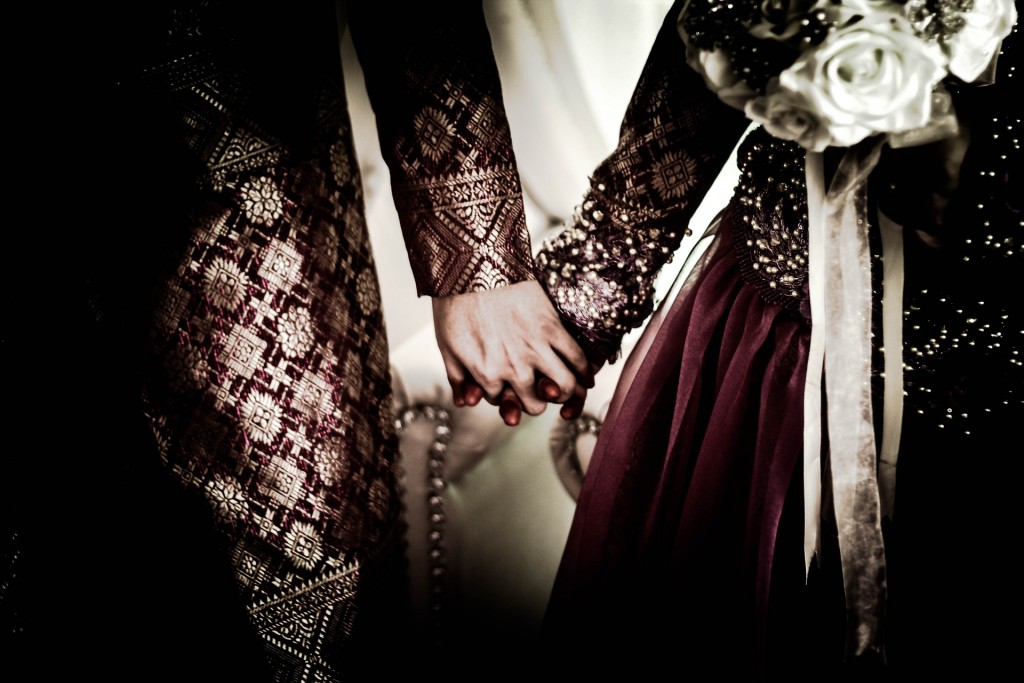originally published on mvslim.com
 by Rafia Khader
by Rafia Khader
This summer a respected Imam in Chicago pleaded guilty to two counts of aggravated criminal sexual abuse. The case of the Chicago Imam shattered our blithe assumptions that just because something touts itself as “Islamic” it adheres to an Islamic ethos based on mutual respect. Sexual violence is a reality in the Muslim community; the case in Chicago is not an isolated one. But how do we find real solutions that address the problem? A facile approach that hearkens to an idealistic vision just isn’t going to cut it.
Just this week, I came across a Facebook post which read that the promotion of sexual health and sexual violence awareness in the Muslim community is “advocating a completely un-Islamic, secular, liberal perspective on sex.” The solution offered: gender segregation or khalwa in Arabic.
Gender segregation, according to this “Facebook Scholar” would prevent the vast majority of the opportunity for sexual misconduct. “If our institutions abided strictly by khalwa standards […] we would all but eliminate this problem.” While he does allow for the possibility of sexual misconduct to occur even when his definition of khalwa is implemented – the case of the Chicago Imam, if nothing, forces him to admit this fact – he’s very clear in his belief that gendered spaces are the solution to all the sexual ills the Muslim community faces. While I am not a victim of sexual violence, I attribute many of the sexually dysfunctional ways of thinking in my own life to this concept of gendered spaces. I remember one time when I was working at an Islamic School, a male teacher come to the office to give me something. Instead of making eye contact and acknowledging my presence, he spoke to me with his eyes on the floor. I’m sure he did this out of respect, but respect was not what I felt. I felt dehumanized. Read More…






